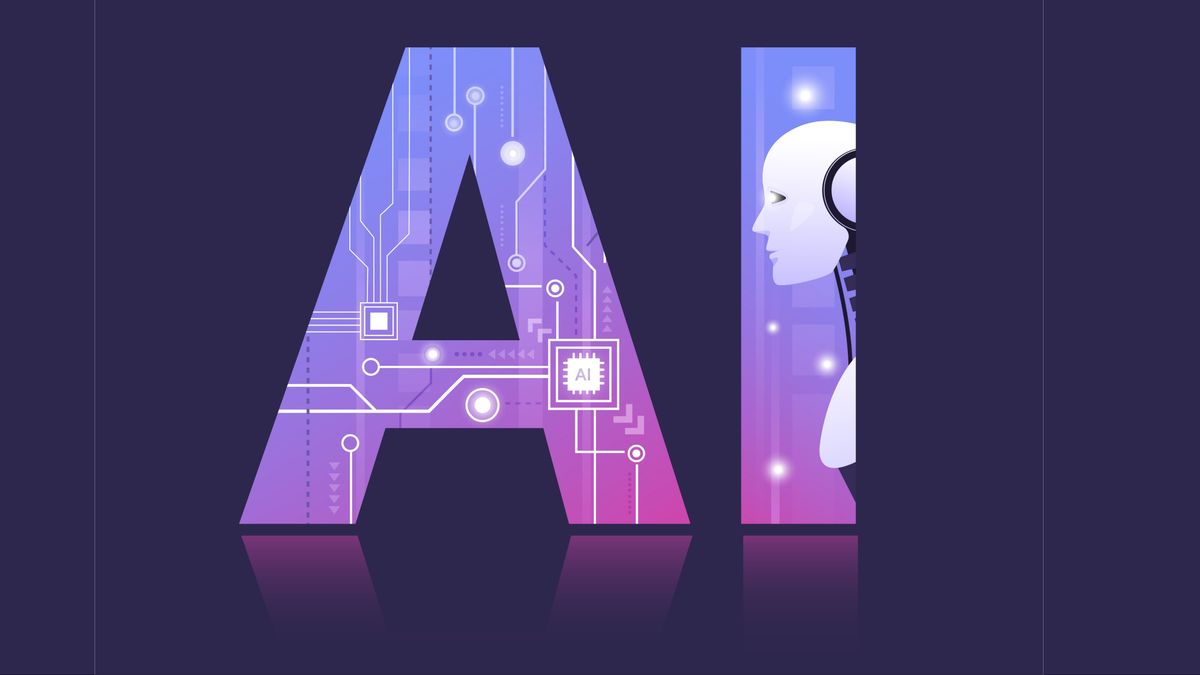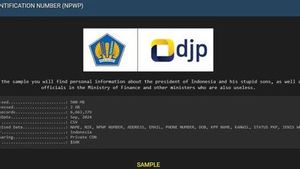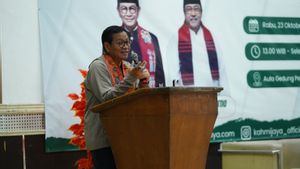JAKARTA - Based on research by the IMD World Talent Ranking 2024, the Director of the IMD World Competitiveness Center (WCC) Arturo Bris provided three important points on the influence of AI on job availability.
First, the IMD found that AI would change job opportunities, but there has been no clear study showing whether AI would add or reduce employment opportunities.
Second, according to data from the United Nations International Labor Organization (International Labor Organization), AI will change or replace 5.5 percent of jobs in high-income countries and less than 0.4 percent in low-income countries.
Third, IMD states that biased AI algorithms can increase discrimination in the workplace. Where, ILO data finding work automation with AI will affect female workers in developed countries (7.9 percent) rather than men (2.9 percent).
Thus, the use of AI for recruitment, promotion, and performance evaluation needs to re-evaluate the justice and accountability of the AI algorithm used.
"For this reason, the government and policymakers are advised to immediately anticipate. For example, by preparing retraining the workforce and plans to tackle the unemployment rate of those affected by AI and marginals," said Arturo.
SEE ALSO:
IMD emphasized that this prevention needs to be done so that it does not develop into social turmoil and has an impact on the ability of a country to attract foreign talent.
"Because, foreign experts are not interested in entering countries that have social problems, so they choose to run to other countries," he concluded.
The English, Chinese, Japanese, Arabic, and French versions are automatically generated by the AI. So there may still be inaccuracies in translating, please always see Indonesian as our main language. (system supported by DigitalSiber.id)
















